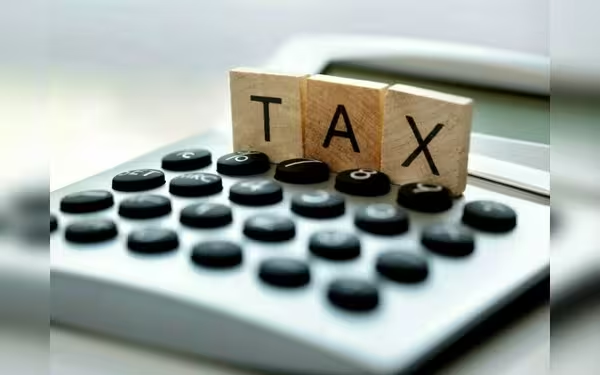Saturday, November 16, 2024 07:45 PM
FBR Reports 4.436 Million Income Tax Returns for 2024
- FBR receives 4.436 million income tax returns for 2024.
- Tax payments reach Rs 114 billion, up from Rs 52 billion last year.
- 1.636 million returns filed as nil-income for the current tax year.
 Image Credits: brecorder
Image Credits: brecorderFBR reports 4.436 million income tax returns for 2024, with tax payments reaching Rs 114 billion, indicating increased tax compliance.
ISLAMABAD: The Federal Board of Revenue (FBR) has reported a significant increase in the number of income tax returns filed for the tax year 2024. As of October 14, 2023, the FBR has received a total of 4.436 million income tax returns. This figure marks a notable rise compared to the 2.166 million returns filed during the same period last year, in 2023.
According to the latest data released by the FBR, out of the 4.436 million income tax returns submitted for the current tax year, 1.636 million were classified as nil-income returns. This means that these individuals did not report any income and, consequently, no tax was deposited with these returns. In contrast, during the same timeframe last year, 778,137 individuals filed nil-income returns out of the total 2.166 million returns.
The total number of income tax returns filed for the entire tax year 2023 reached 6.4 million, indicating a growing trend in tax compliance among citizens. Furthermore, the FBR has reported that it has received tax payments amounting to Rs 114 billion along with the 4.436 million income tax returns for the tax year 2024. This is a significant increase compared to the Rs 52 billion collected in tax payments during the same period last year.
As of now, the number of individuals registered with the FBR from July 1, 2023, to the present stands at 1,035,922, with 622,102 of these being nil-filers. Additionally, the FBR has registered a total of 450,405 new taxpayers since July 1, 2024, with 307,482 of them also being nil-filers.
This increase in tax returns and registrations reflects a growing awareness among the populace regarding the importance of tax compliance. It is essential for citizens to understand that filing tax returns is not just a legal obligation but also a civic duty that contributes to the nation’s development. As more individuals engage in the tax system, it can lead to improved public services and infrastructure, ultimately benefiting everyone.













